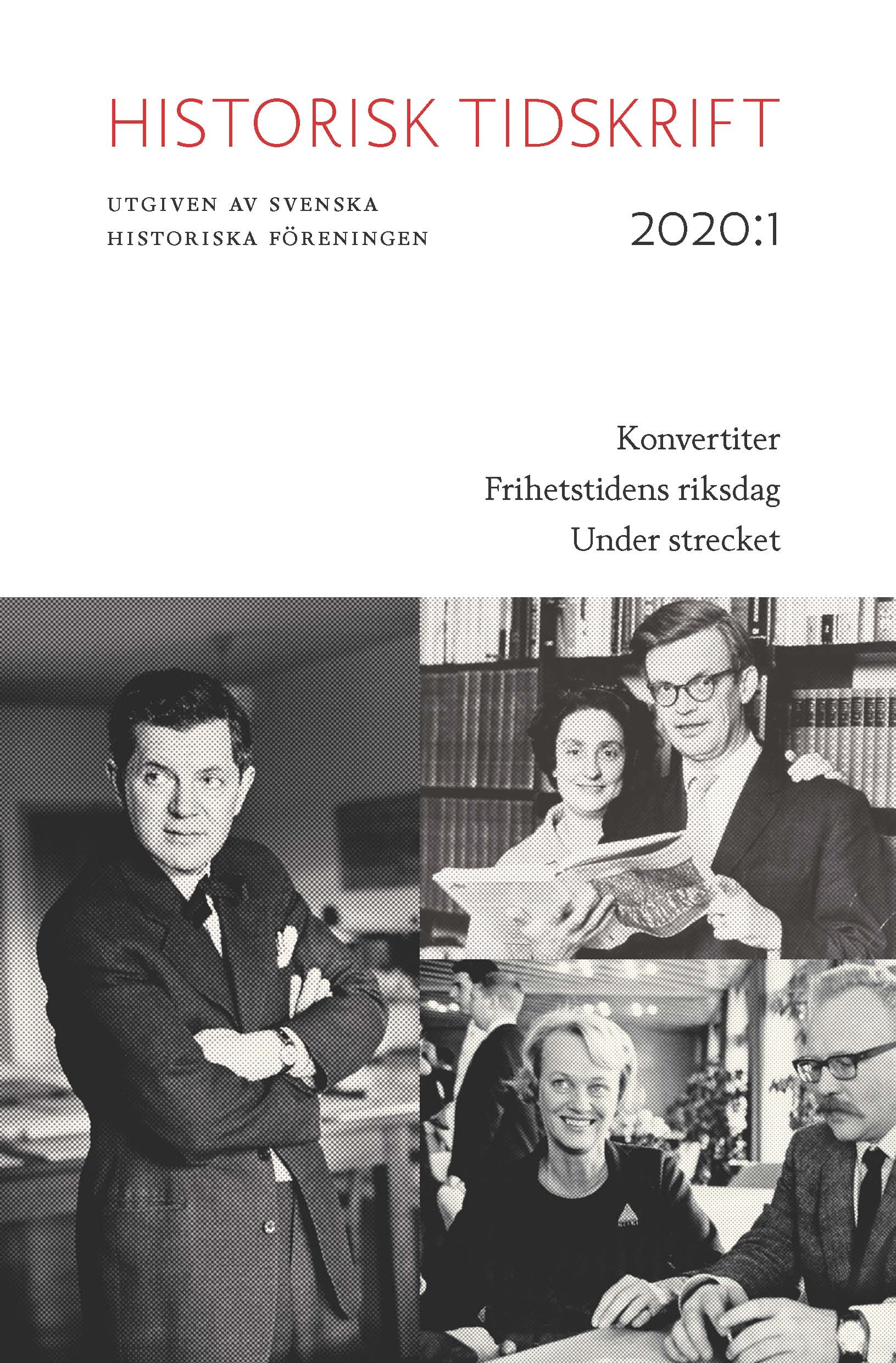Abstract
Not a nine-to-five kind of job: The function and influence of the secretary of the peasant estate in the Swedish Riksdag in the Age of Liberty 1720–1772
Previous research has deemed the secretary of the peasant estate in the Swedish Riksdag of the Age of Liberty an important figure. Yet, historians have not scrutinized the secretaries, their function, or their influence over the peasantry. This article examines the incumbents, their ability to guide the peasant estate and vice versa, and their political and bureaucratic function in the Age of Liberty. The results have bearing on discussions about the peasantry’s political influence in the early modern era, on the significance of parties in the Age of Liberty, and on the relationship between bureaucracy and politics within the early modern Diet. The results show that most of the secretaries had ties to the Council of the Realm, with education in and experience of legal and administrative matters. Secretaries were meant to control the peasantry but cannot be exclusively understood as an instrument for oppression or a facilitator of political mobilization; they served both purposes at the same time, although the emphasis varied over time and between issues. The results thus emphasize the complexity of political interaction in early modern Sweden. Additionally, the changing function and role of the secretary was very much caused by party struggle. Parties are, therefore, key in understanding the peasantry’s political influence and position in the Age of Liberty. Lastly, the article reveals a rapid bureaucratization of the peasantry’s political activities from the 1750s onwards. The chancery expanded manifold and diversified its tasks. This process played an important role in the peasantry’s political mobilization towards the end of the period but has previously been largely unacknowledged. Thus, the article’s results contribute to a vast, important, but generally understudied research field. Bureaucratization and specialization processes in politics are not only of relevance for the study of the peasantry and the Age of Liberty, but for the study of political history in Sweden and the world at large.

